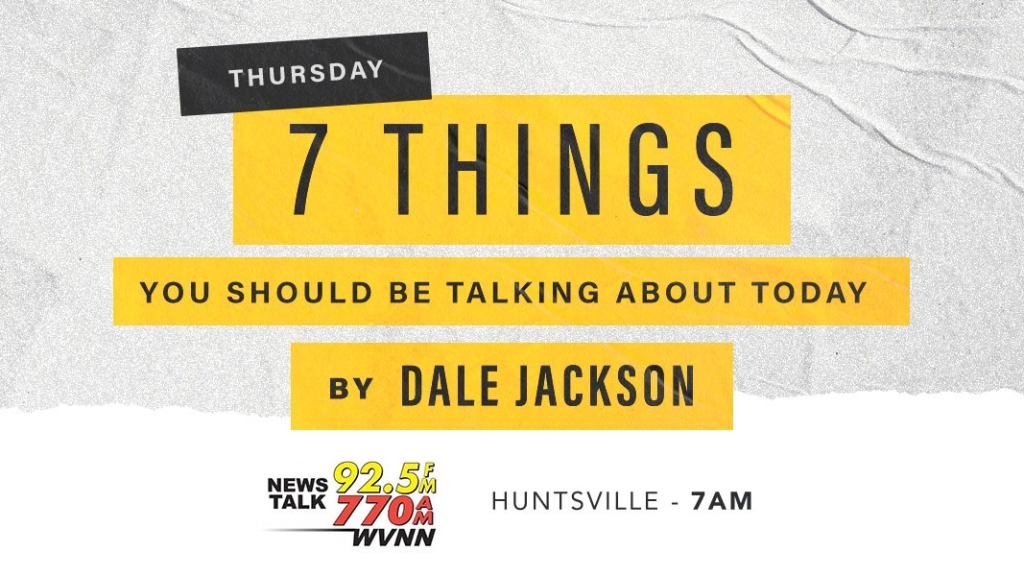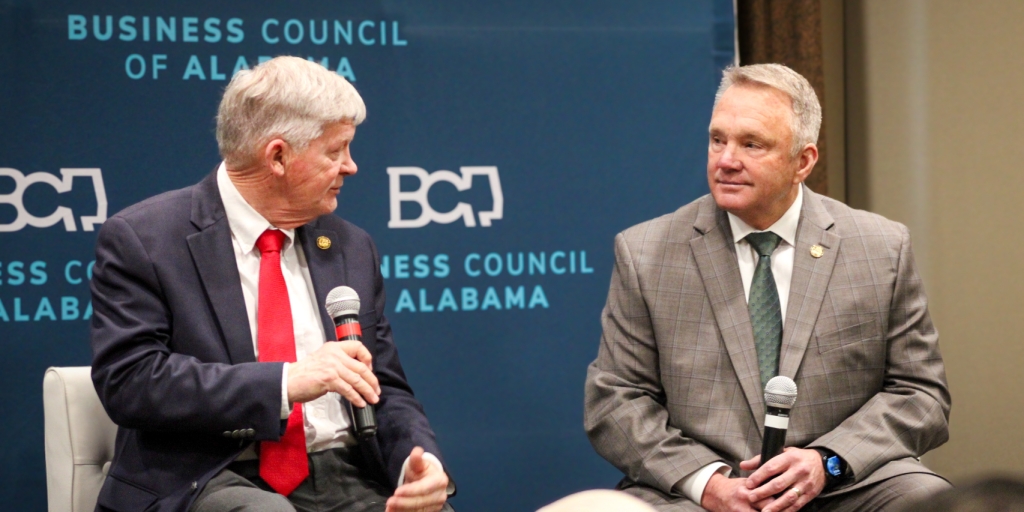7. A poll suggests the Republican Party may gain support from traditionally Democratic voters in the 2026 midterms, potentially shifting the political landscape with a trend of growing dissatisfaction with the party’s direction among the liberal wing of the party. To hold this off, or maybe speed this up, Democratic National Committee Vice Chair David Hogg has launched a $20 million effort to primary “out-of-touch” Democrats, aiming to reshape the party. Hogg’s initiative reflects frustration with the Democratic establishment and a push for responsive and liberal leadership.
6. For some reason, suggesting young people should complete high school, get jobs, and get married before having children is considered controversial to Alabama State House Democrats who find it to be unhelpful. Sen. Arthur Orr (R-Decatur) is promoting a bill to teach the “success sequence” in schools as a path to economic stability. Supporters argue it offers proven strategies, while critics question its universal applicability and claim it “marginalizes” anyone who comes from a broken home or who is divorced. But Orr accurately points out, “the bill doesn’t say there’s no chance of success if you don’t follow the success sequence, it just points to the overwhelming evidence that following this pattern in life gives you a better chance of not falling into poverty.”
5. U.S. Rep. Dale Strong (R-Huntsville) praised former President Donald Trump’s plan to defund NPR, citing its alleged anti-conservative bias and calling it “long overdue.” A broader fight over federal funding for public broadcast has emerged, with PBS and NPR facing potential budget cuts. Strong tweeted, “look forward to working with you on my bill, the No More Funding for NPR Act, to ensure that hard-earned taxpayer dollars are no longer used to promote the liberal left’s ideology.” However, critics argue that defunding threatens independent journalism and access to unbiased information. The debate highlights partisan divides over public broadcasting’s role in the U.S.
4. Kyle Sweetser, a small businessman from Mobile and former two-time Trump voter who criticized the former president at the Democratic National Convention, announced his 2026 Senate campaign against Sen. Tommy Tuberville (R-Auburn). Sweetser, running as a Democrat, aims to “send Tuberville back to Florida,” attacking the senator’s residency and accusing him of not fighting for Alabama. He criticized Tuberville for various things, but it seems unlikely that a campaign like this will ever succeed, with Republicans disinterested in him and Democrats distrustful of a Republican who switches parties to run.
3. Pro-illegal immigration advocates in Alabama expressed dissatisfaction with revisions to a human smuggling bill, arguing that the changes do not sufficiently protect their communities, which are the target of the legislation. They claim are at risk of arrest for giving an illegal immigrant a ride for medical care, which the new version of the bill does. The new bill offers a carve-out that “would apply to healthcare providers, such as ambulance drivers; people acting on behalf of religious and charitable organizations; and travel across state lines for governmental purposes, such as a court hearing.” This is probably too broad but it was disingenuously dismissed as well by the activists.
2. A bill that would mandate the Pledge of Allegiance and a Judeo-Christian prayer in public schools has been amended to include all religions, a move that should silence most of the critics of the bill who claim it left out Muslims, Satanists, and other faiths, which was never their actual concern. The bill now aims to ensure inclusive prayer without favoring one religion but critics argue it raises concerns about church-state separation in public education. They also are concerned about the ability to opt-out of the Pledge of Allegiance, which the bill would do.
Listen here:
Dale Jackson is a thought leader for Yellowhammer News and hosts a talk show from 5-9 a.m. weekdays on WVNN.












